In Bed with Woodlice: 6 Tips to Break Up Your Summer School
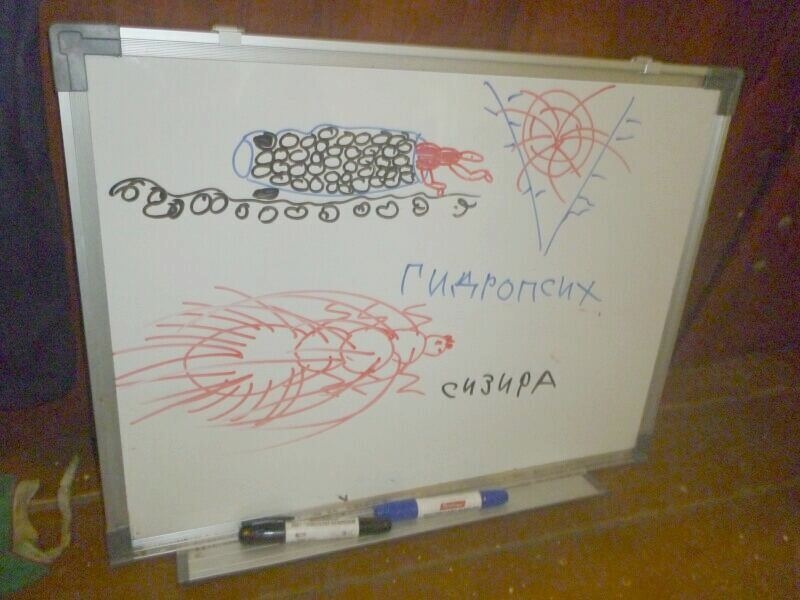
Omnipresent annoying arthropods, bureaucratic problems, drunken inhabitants of the surrounding villages, food poisoning and injuries - all this can turn summer school life into a nightmare. To prevent this, learn from the mistakes of others.
We are a team of the social and educational project “Pilgrim”, and in this article we will share some rather original experience. To begin, let us tell a little about our history.
The emergence of the idea of "Pilgrim"
It all started with a biological circle. In school number 11 Obninsk worked biological club "Ecos". Interested guys could learn new things. The group was led by Marina Mikhailovna, a teacher of biology.
')
We liked biology. Gradually, the usual school circle began to turn into something more. At first we decided to practice summer and go hiking. Then we went hiking with an overnight stay for two days ... Three days ...
Finally, we organized a summer school. The first summer school "Pilgrim" was held in June 2013.
Beginning of the organization of the first summer school
We, namely the pupils of school No. 11, their parents and teachers, decided to stand up in tents in nature and study in the summer. At this school there were less than two students for each teacher. It was very useful for learning. We wanted to make sure that schoolchildren were taught not only by adult and experienced teachers, but also by talented students who were recently schoolchildren and therefore understand how best to explain. This is similar to the Bell-Lancaster training system.
History reference
"Summer schools" were organized in the USSR. This form of education has its advantages - in a summer camp setting (and most of the schools look like summer camps), the student may not think about anything but study and rest. Usually in summer schools they study topics that are not covered in the regular school curriculum. At first, the school was only physico-mathematical, but later began to appear natural-scientific, multidisciplinary and humanitarian. Examples of modern LSh are LESh , LKSh , LShRR , “Chimera”.
Pupils of our club, their parents and teachers from this school went to the first school. All people were already familiar with each other, and therefore it was quite simple to get together, agree and go on nature. The school lasted about 10 days.
The school was hosted by an old recreation center. We rented a few houses.
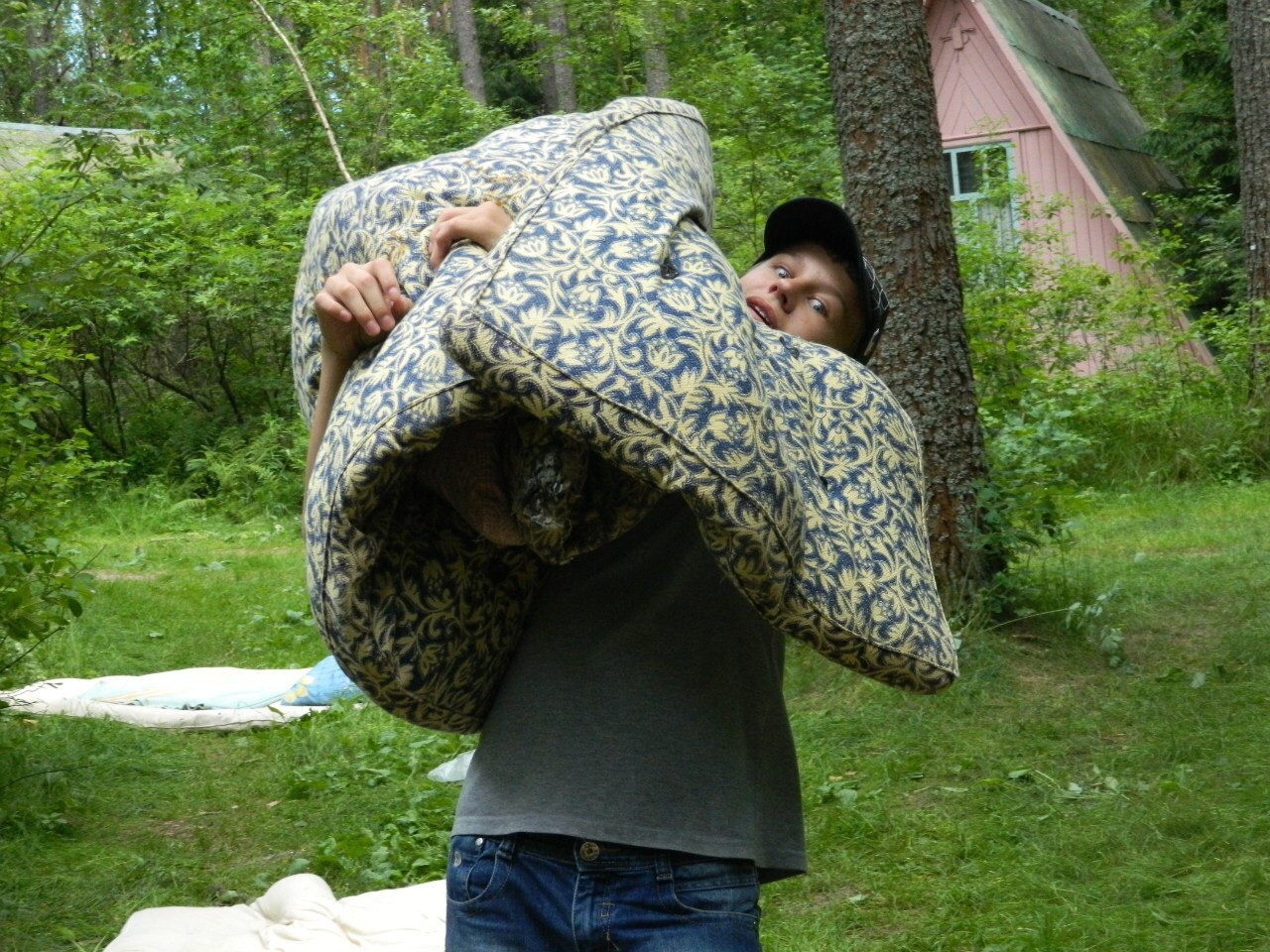
For 7th graders, cell biology was read. According to the school curriculum, it is studied later, but in some summer schools it is traditionally read by 6-7-graders. On the one hand, this is a more fundamental approach. On the other hand, it is possible that the study of something fundamentally new is much more interesting for younger students than an in-depth study of already well-known topics. At the end of this course, it was briefly described how multicellularity appeared and how it works.

Although a lot of material was given at school, classes were held in a more free form than in a regular school. Classes are often held in nature. At the set time, the teacher and students attending the course gather in one place, sit on the foam, beds, other people's necks (:) and the teacher begins the lesson. The lesson lasted two academic hours (90 minutes) with breaks, the students could always clarify something, ask a question or tell something related to the main topic. On average, approximately 20% of the class time was “feedback”. At the school, an appeal was made to “you” to everyone, including teachers.
Some of the other courses are meteorology, the basics of experiment construction, botany, entomology, hydrobiology. About hydrobiology in more detail: our base was located near the Ugra River, and therefore we could easily collect extensive hydrobiological material.
This dry phrase means the presence of such:
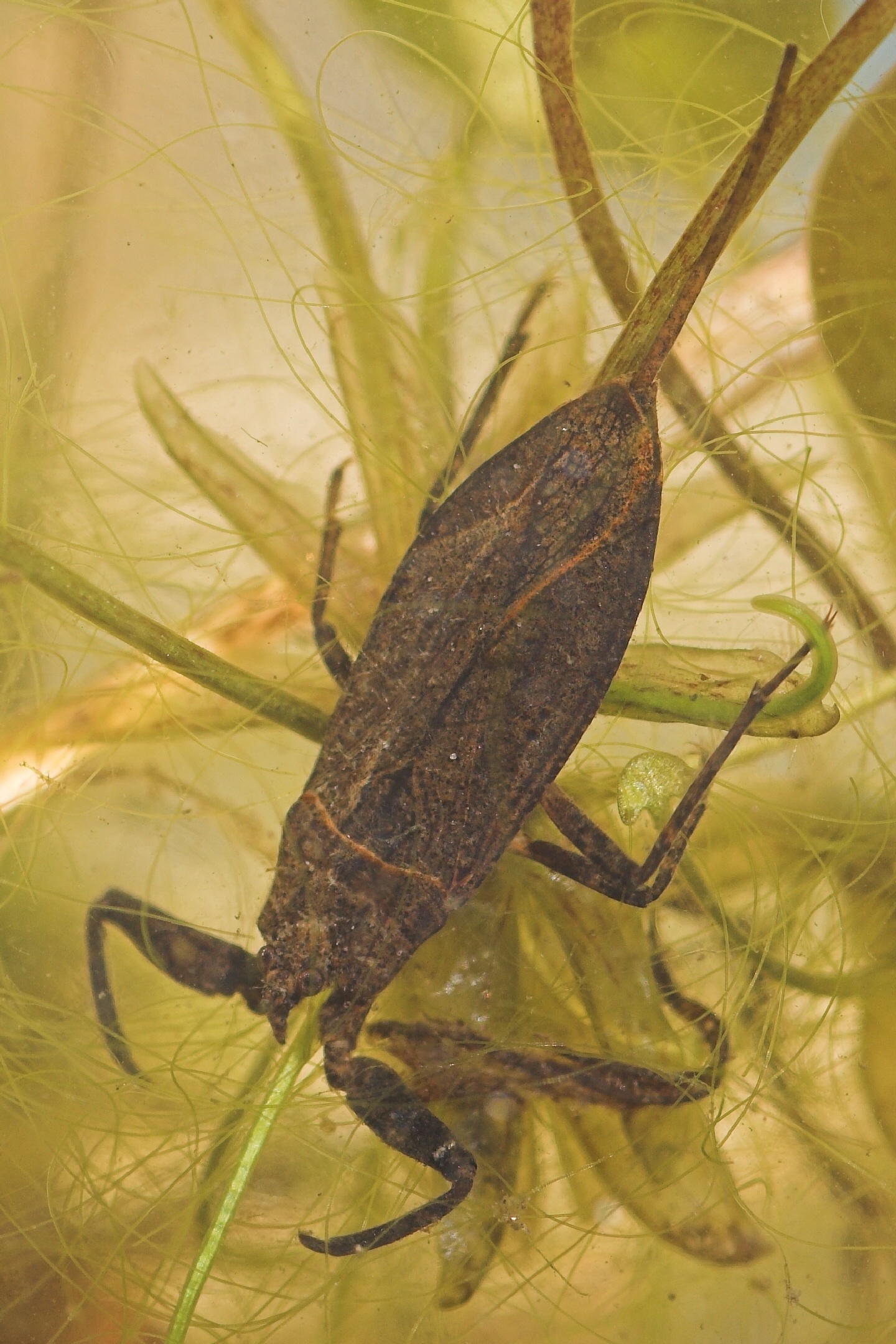
In the photo - water scorpion, bug, size up to 4 centimeters in length, breathing through the tail-tube.
Such:
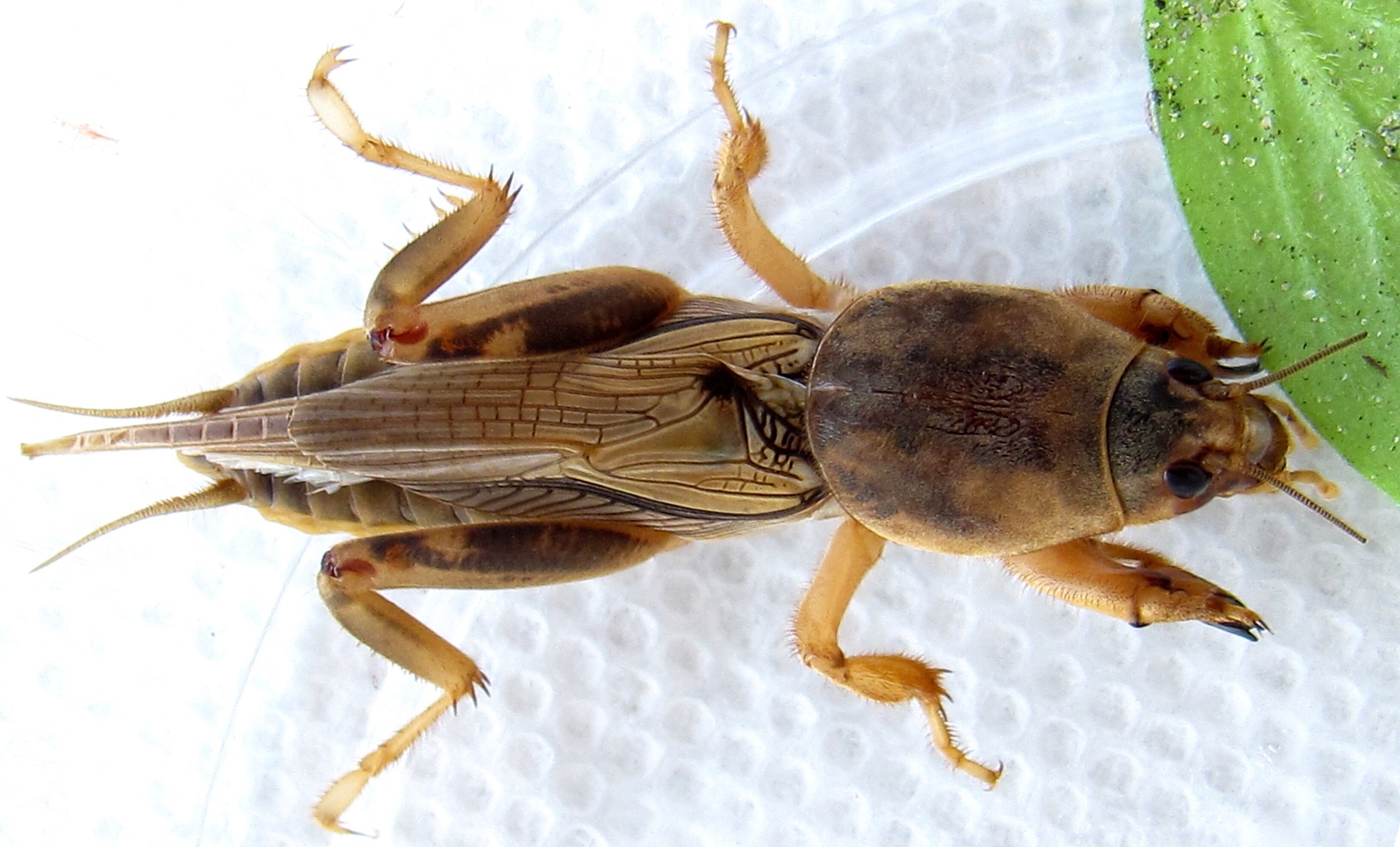
Medvedka - a large insect, garden pest. A large population of the Medvedok was found on the bank of the Ugra River in wet soil.
And such:
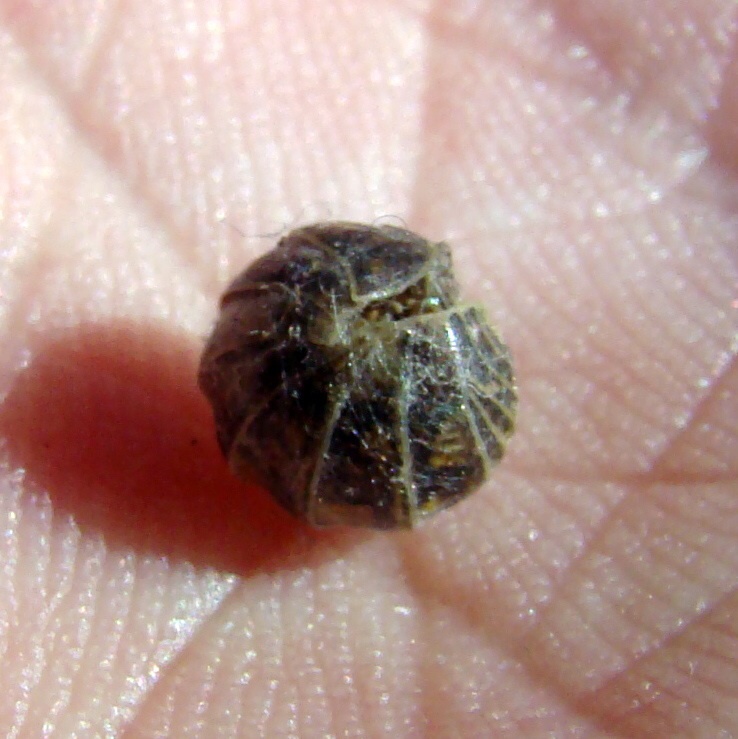
Bite curled up.
creatures.
Some we observed alive, while others revealed to us their inner world.
In their free time, children could swim in the river, play various games ( CPG , Evolution, Crocodile, Zarnitsa).
In general, the first "Pilgrim" seemed almost the perfect embodiment of a spherical community-in-vacuum: the count of acquaintances was complete and close, and everyone lived and studied in harmony and unity. However, we were not in a vacuum, and this deserves a special mention. At the recreation center, there were other people besides us, and it was bad: drunken vacationers are dangerous.
In the photo - the moment of the game in Zarnitsa.
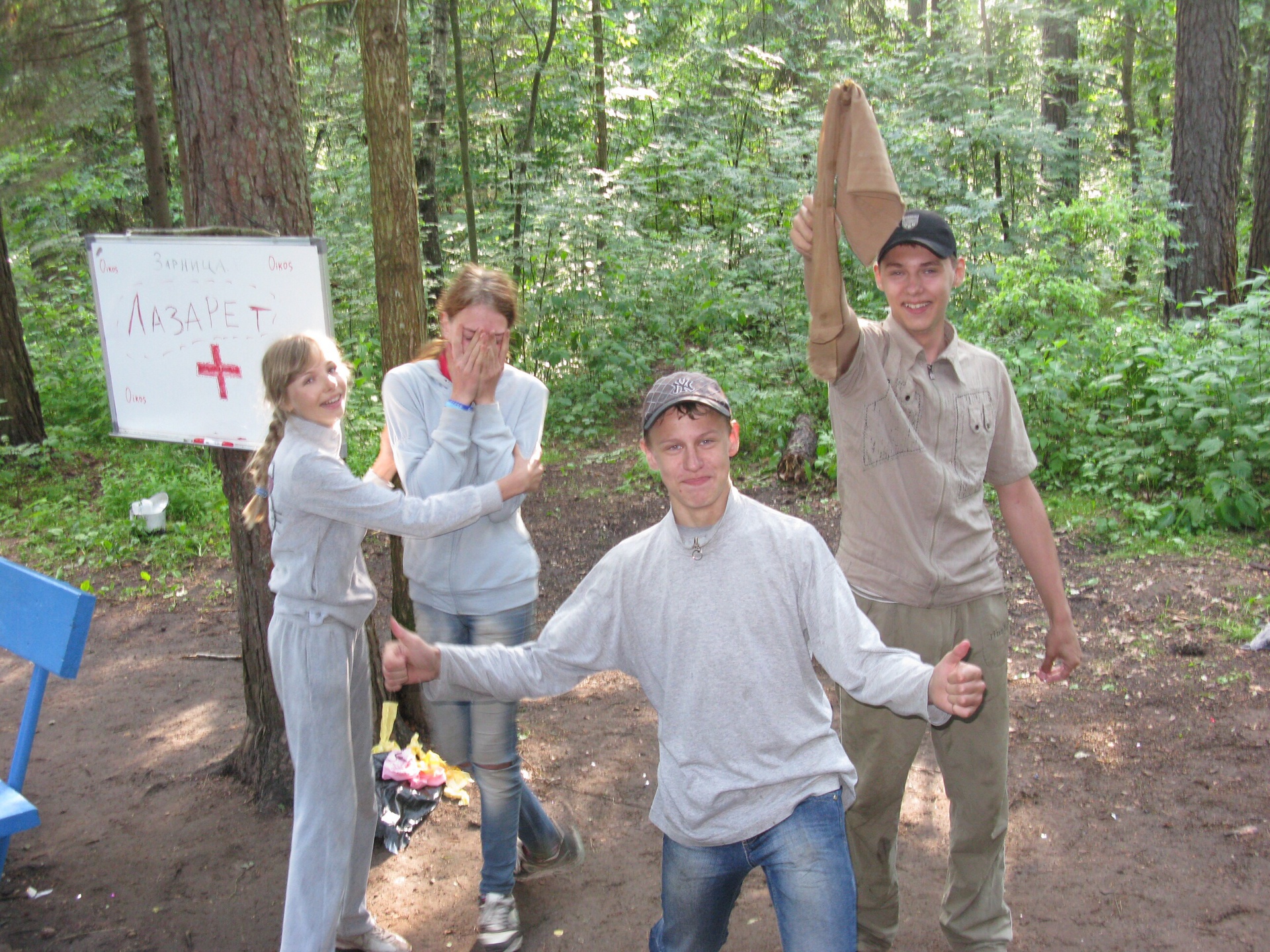
Further development
We liked the school and we decided to repeat it and even improve it.
The second school took place on the same base and lasted for 21 days, more than last time. The second school was attended by students from another school, and even one girl from Vorkuta. The atmosphere of the first school changed due to the emergence of new people - at the first school all the people were from the same school in one district of Obninsk, everyone knew each other, and at the second school less familiar people appeared.
Innokentiy Mironov:
I did not want to invite too many students. I was at LES (Summer Ecological School, which gathered 200 people), and noticed that despite the advantages of a large-scale summer school - a huge number of people, fires and companies, interesting courses and events, there were also disadvantages. For example, the number of required curators, people in their circle, significantly increased. Finally, a large school inevitably fell apart into many small worlds, some of which were even separated into new schools, and I always saw the school ideologically as one, one group with a single moral outline. Little personal utopia.
The number of courses has increased, and now the students were able to choose what to study. Each course lasted 5 days, at the end of the exam. On the day the children had 2-3 lessons of 90 minutes.

There was even a humanitarian seminar on the history of art and electives on weaving baubles.
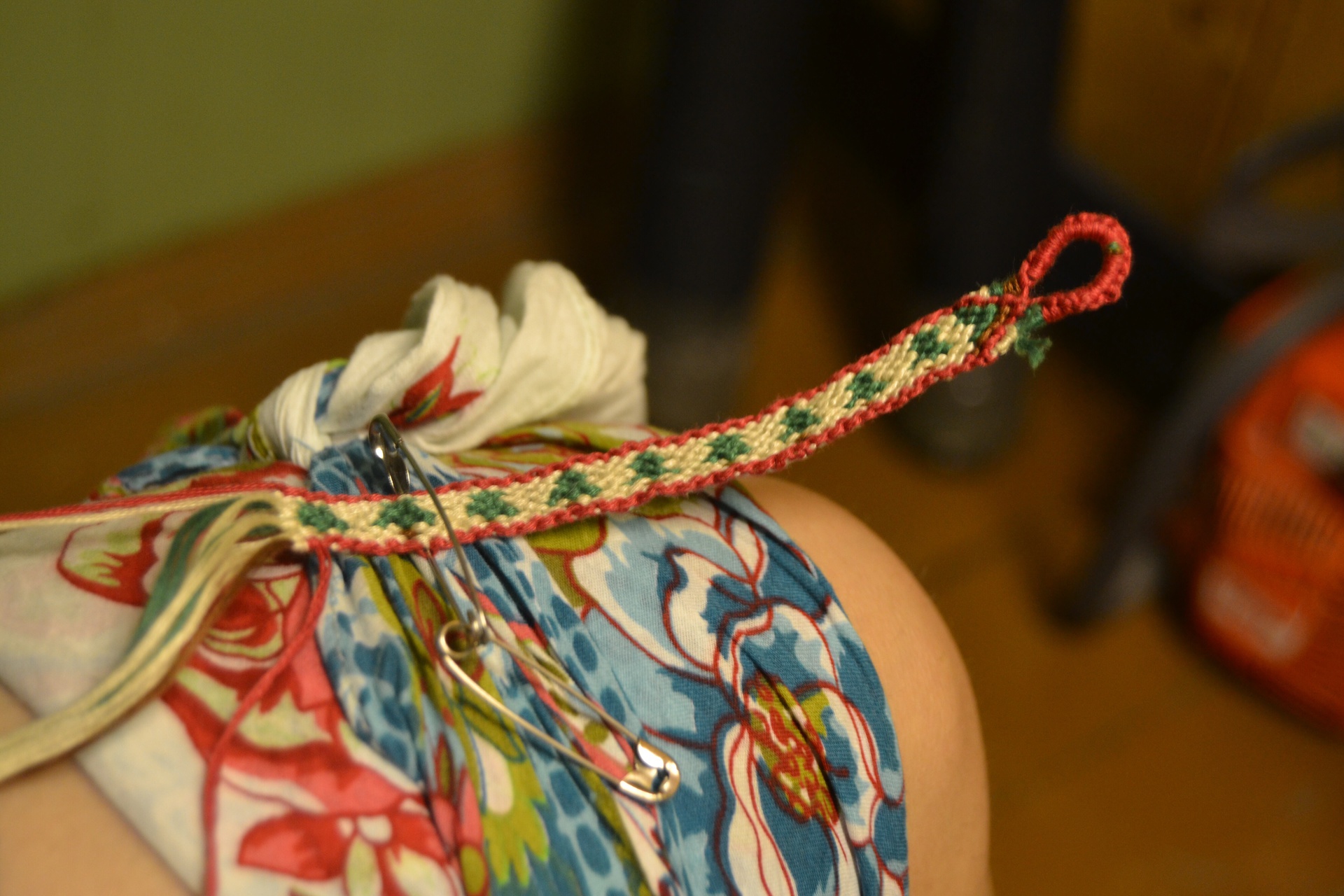
Now we will move from our experience to more practical and useful recommendations.
1. Follow the children's decisions.
During the second school there was a problem of choice - the children had to choose one course, and give up the other. For some courses, it was recommended to take others. Children from lower grades (5-8) were hard to choose.
Here is one case. One seventh-grader went to biochemistry, but at the end of the second day she admitted that biochemistry was too complicated for her (the study of biochemistry required knowledge of organic chemistry and was designed for older children). After that, she transferred to a botanist, but since two days had passed, she had to catch up with the others. She passed the exam, but when choosing the next courses she always asked someone to recommend her what to choose.
The practical work in biochemistry was difficult in this sense, since quite a lot of 8-graders were recorded there, but for them this material was difficult. In Russian schools, chemistry is studied from the 8th grade, and general biology (containing elements of biochemistry) - from the 10th grade, and 8-graders lacked knowledge.
2. Consider bioethics
This chapter is about bioethics, longing and pity.
Bioethics is a field of knowledge that evaluates biological and medical actions from an ethical point of view. On many bioethical issues (moral permissibility of cloning or genetic modification, legalization of the organ market), people actively argue.
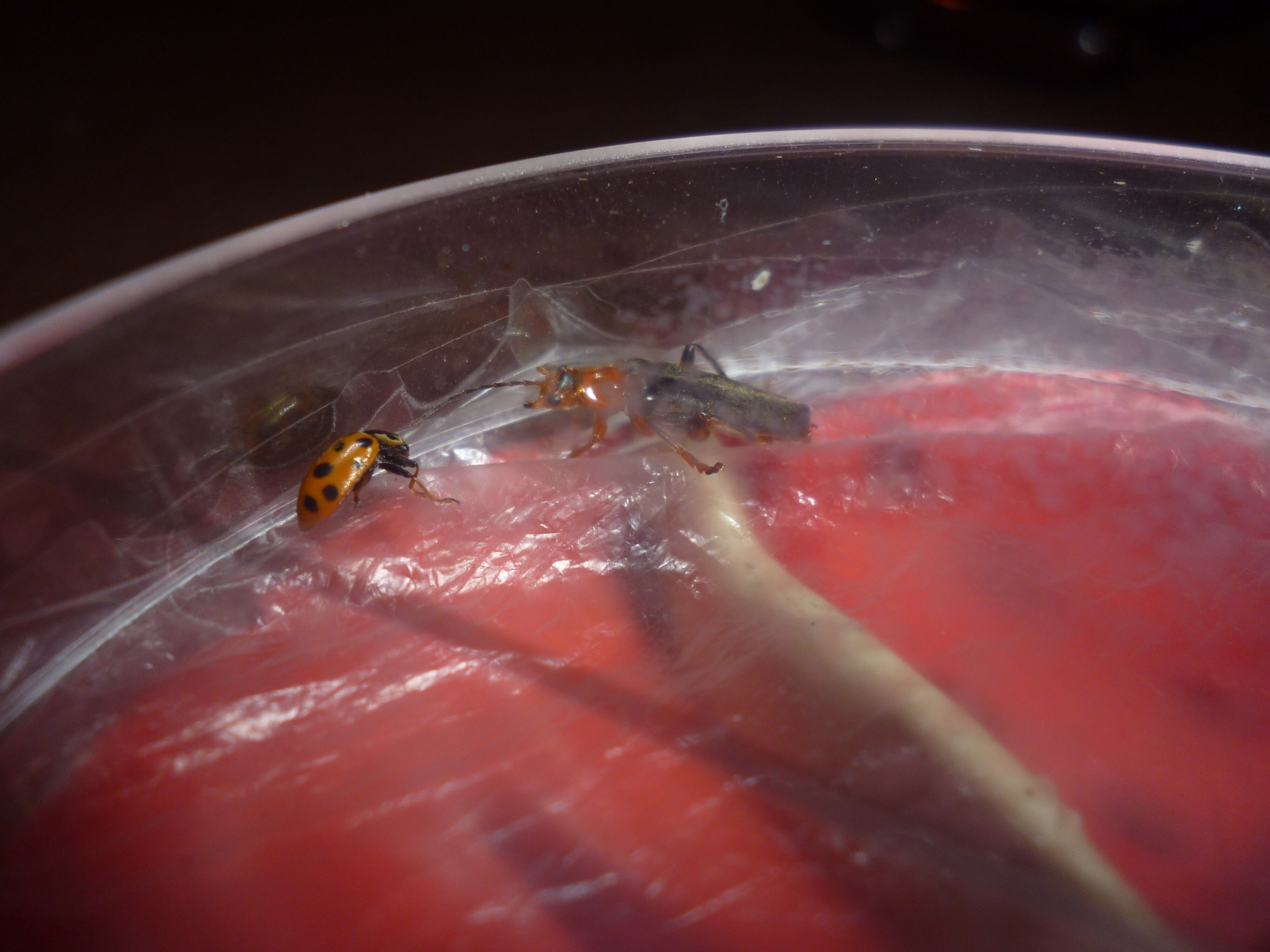
In our practice, all bioethical problems consisted in the fact that someone felt sorry for someone to cut. When children are raised, they are usually forbidden to torture animals and insects. Actions with plants limit less, but alas - restrictions are still there. However, at our school, especially on the entomological and hydrobiological course, autopsies of living beings were conducted. To avoid this, it would be possible to use specialized mockups, but they are expensive and still differ from living beings, which would be non-pedagogical. Children, especially girls, felt sorry for insects and crustaceans.
The problem with pity arises even in high schools. When signing an agreement on education at the Faculty of Biology of Moscow State University, and even at some summer bio-schools, it is separately stated that “you will observe, kill and reveal living organisms”.
3. Pay attention to legal clearance.
Many good deeds require competent legal clearance. The organization of the summer school also requires a certain number of documents.
The easiest and most common way to legally form is to ask for help from some school or other educational organization. Accordingly, parents of students will enter into agreements with this organization. Also, an intermediary organization will enter into contracts with doctors, chefs and draw up some other pieces of paper.
There is another way. You can create your own "Autonomous non-profit organization", but it is difficult. Some other summer schools occasionally tried this form, got a lot of difficulties and returned to the original version.
From the very first time we “went under the roof” of the school number 11 of Obninsk. During the first school, there were some minor problems with food - it was not purchased, and the food had to be bought. There were also some difficulties with accepting children from another school, and at one point we even wanted to change the partner organization to the local Palace of Children's Art. However, now these differences are in the past, and we see no reason to change the legal form.
Since we were helped by another organization, we could not worry about school health certificates and other small papers: School No. 11 worked with them.
4. Seriously deal with nutrition
It should be borne in mind that food should be quite diverse, useful and quality. Some students may need some special food, but everyone will need something tasty.
Innokentiy Mironov, one of the school’s organizers, on nutrition:
I knew it was worth making food more diverse. At other summer schools, the meals were quite monotonous, albeit satisfying. Not everyone liked this kind of food. Since our base was 20 minutes from the regional center Yukhnov, we could buy a variety of foods: meat, vegetables, sweets (chocolate, cookies, candy).
Most of the students in the school are seventh graders. Many mothers went with us, which made it possible not to hire cooks. This year our school will expand, and we have invited the chefs.
5. Equip your life
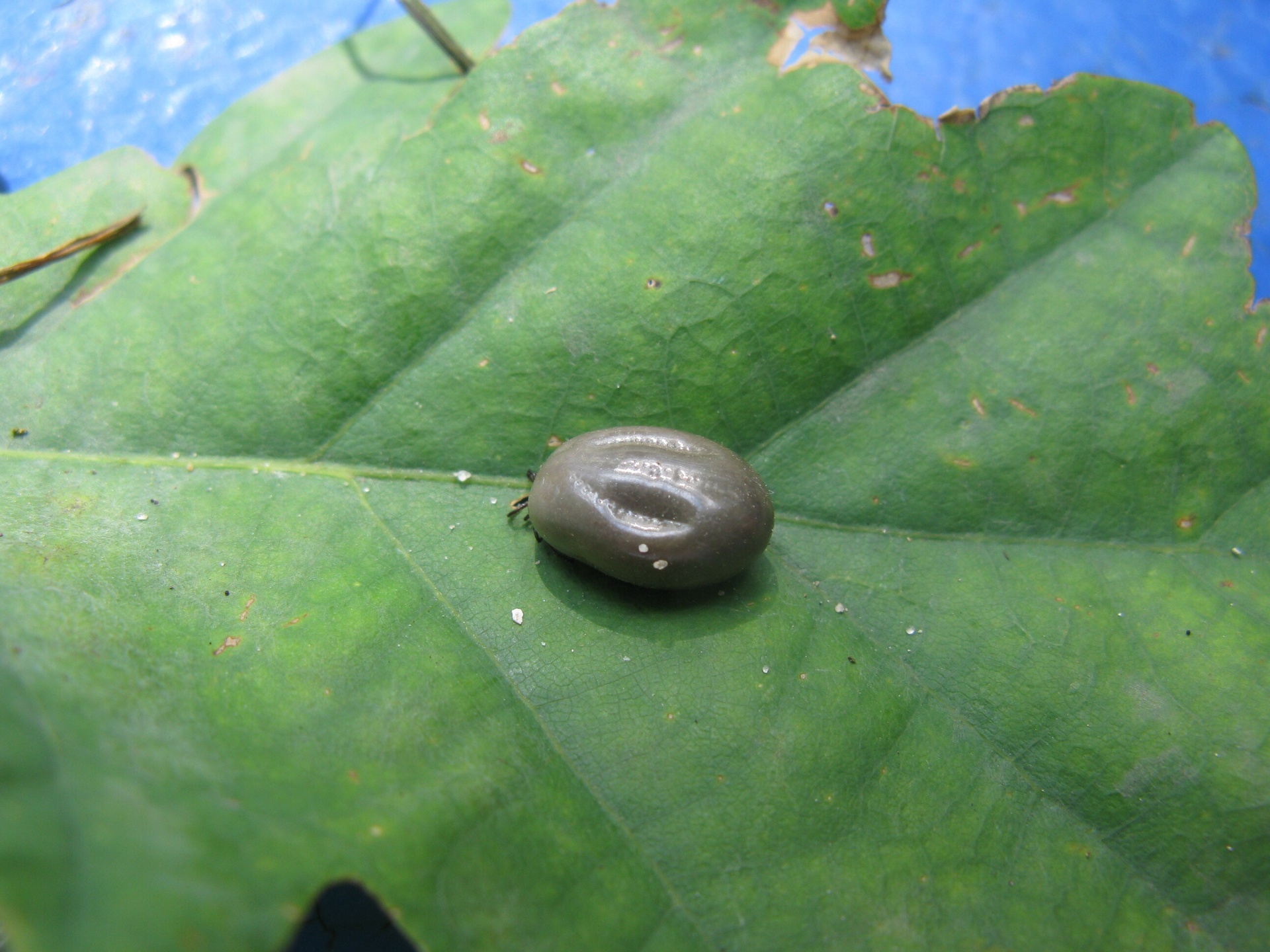
Despite the fact that this is a summer school, you should think about protection from some manifestations of nature.
Here's how this matter with us:
During the first school, mosquitoes prevented us from repellents from which we did not buy in large quantities.
During the second school - wasps. There were a lot of them. Just to say that one of the dining tricks was “to run away from the wasps a few dozen meters from the pan, pour the soup on the plate and come back,” because the wasps were hungry.
We do not know what will happen during the third, especially since we have chosen a new base. However, repellents stocked up in advance.
6. Conduct a dialogue with the authorities
The school was originally created as a regional, Kaluga. This actually meant quite a lot: first, there was and there is rivalry between Kaluga and Obninsk. Unfortunately, the educational organizations of Kaluga reacted negatively to the emergence of a new summer school in Obninsk, and therefore we could not cooperate with them. This meant that it became more difficult to invite teachers from Kaluga, and at the same time we lost the opportunity to advance through the Kaluga Ministry of Education. The recommendations of the Ministry of Education in schools, the notification of teachers about our school - we did not have all this, and therefore had to deal with advertising ourselves.
At the same time, we have the support of the government of the Kaluga region (but not the administration of Kaluga!) And the administration of Obninsk.
Secondly, the summer school is a rather expensive business. The cost of school for the first time was small (4,000 rubles in 11 days), but the second time it increased (10,000 rubles in 3 weeks), which was bad. Especially considering the fact that we wanted to invite children from the regions. This time, going to the All-Russian level, we reduced the price, but it still remained quite high (8,000 rubles in 16 days). Approximately half of this money is spent on renting the base and paying for food, the rest is consumables, reagents, equipment, teachers, doctors and cooks, making T-shirts and other things with school symbols.
Now the school has no formal certificates / accreditations / other status generating papers. We are planning to receive a certificate of interregional status from the local educational organization “Small Academy of Sciences' The Future for You”, ”negotiations are underway.
Tips for 60 seconds
Think about life in advance, to teach children, and not wash t-shirts and treat cuts.
The entrance test is a very important stage of the school. You need to think about the form in which it will take place. We interviewed schoolchildren on the literature announced a month before the interview, and looked at the ability to think, gain knowledge and motivation. This made it possible to select capable children who did not attend other schools. In fact, we occupied a vacant niche.
If you do not want problems, you will have to either find a good intermediary organization, or become such an organization yourself. The latter is much more complicated, but allows you to be completely autonomous. However, most LS do not.
Usually, the task of your “MFA”, people who follow relations with local ones, is simply to prevent conflicts. However, perhaps even cooperation (once we arranged a football match with the residents of the neighboring village). Again, this is worth thinking in advance, even when choosing a place. LES (already mentioned Summer Ecological School), for example, always chooses small villages with a school in which to live, and therefore there are no problems with the local population.
Don't repeat our stupid mistakes yet.
we
- forgot about insect repellents. We were molested by mosquitoes, wasps, and we were defenseless.
- They didn’t take the modem to the first school with them, and they remained practically without the Internet.
Conclusion
Now we are preparing a third school. A new type of study will appear - lecturers (scientists and scientific journalists) will come to us for two or three days with a small course of lectures. There are more dependencies between courses. An interview appeared in front of the school. We are also trying to reduce the cost of school by financing from budgets and crowdfunding (with this you can help us by supporting us on the Boomstarter platform until 5:11 pm of this day ).
PS We also changed the base, there will be a swamp with cranberries near the new base.
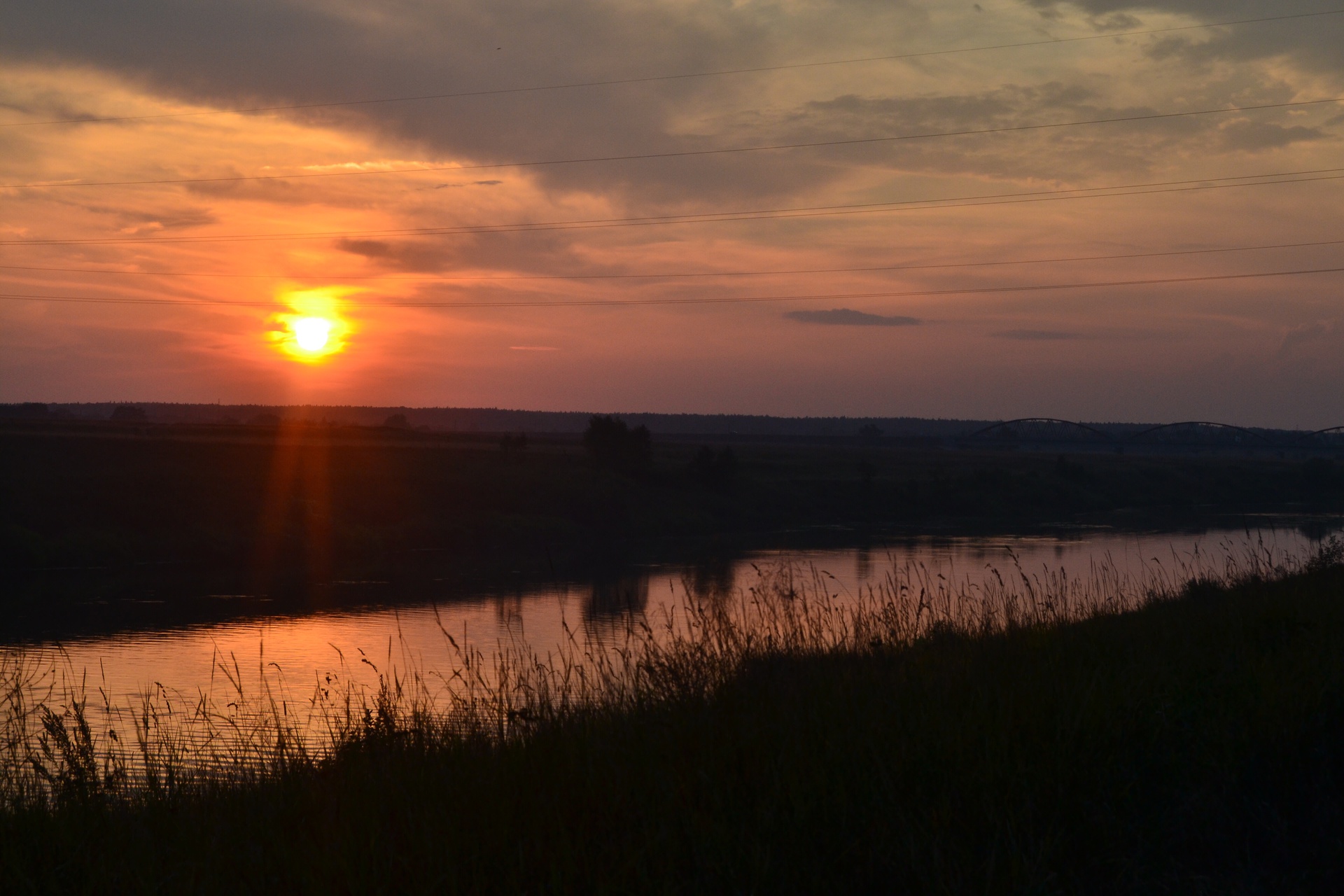
We hope that the article was interesting and you have learned something new.
Links
- Wikipedia article on summer schools.
- Article about the school in the newspaper "Maloyaroslavetsky Krai".
- Site of the Small Academy of Sciences "The future for you." Temporarily offline.
© A team of organizers and sympathizers . Sources of the first 3 photos of arthropods - 1 , 2 , 3 .
Source: https://habr.com/ru/post/290248/
All Articles